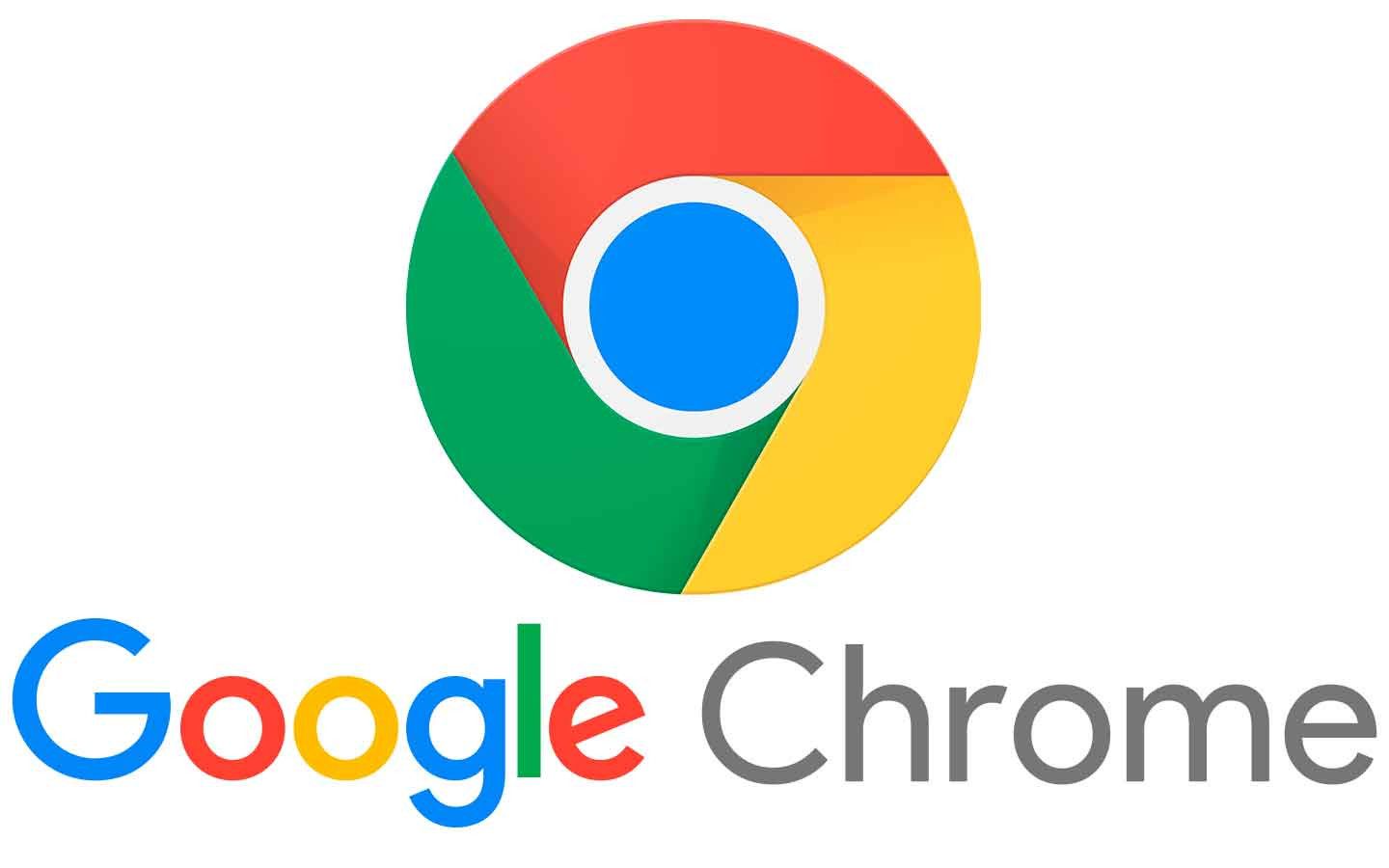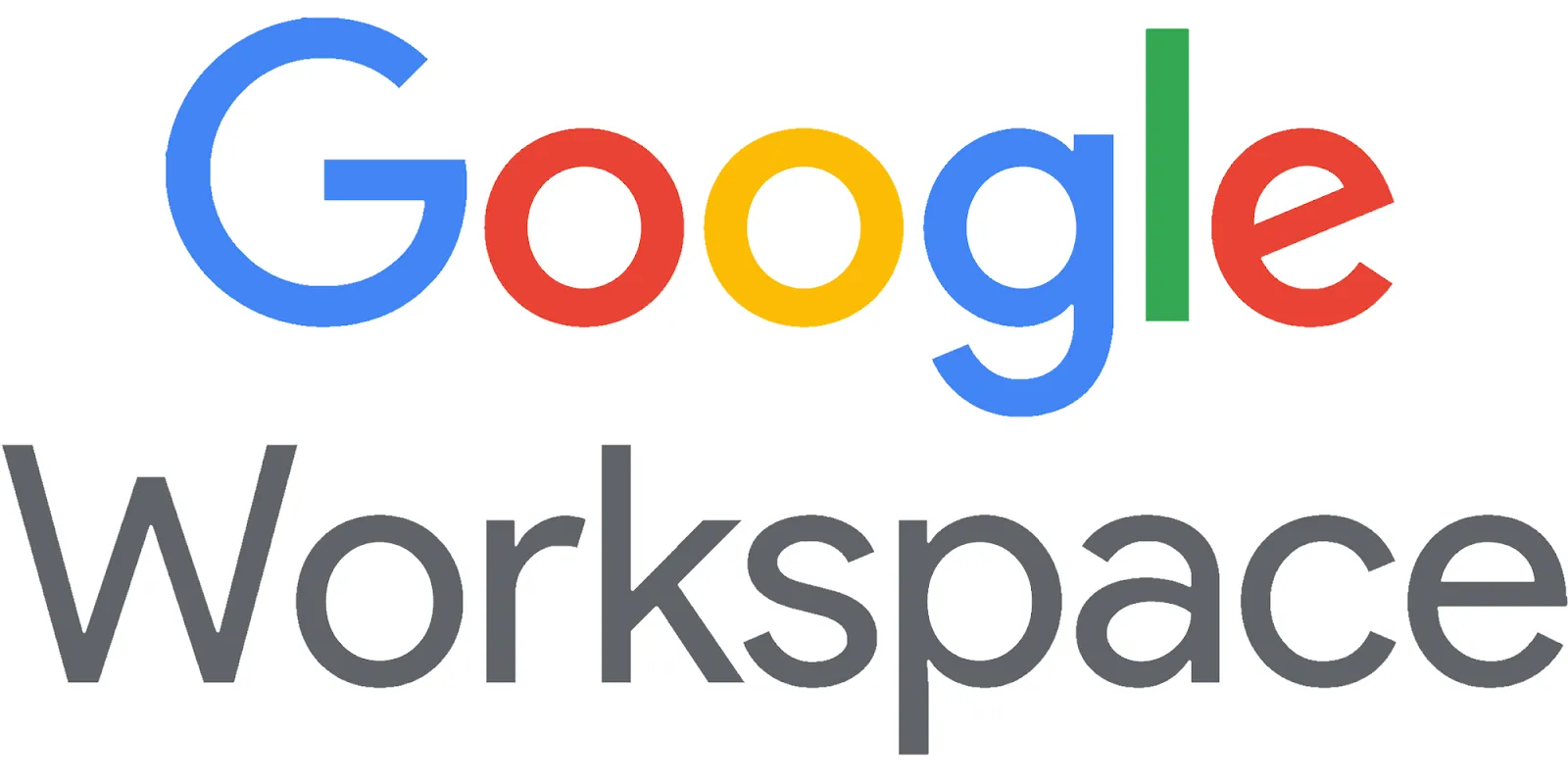Blogger vs. WordPress: A Comprehensive Comparison for Aspiring Bloggers

Blogger vs. WordPress: A Comprehensive Comparison for Aspiring Bloggers
Introduction
Blogging has become a popular way for individuals and businesses to share ideas, build communities, and even generate income. With so many blogging platforms available today, choosing the right one can be overwhelming. Two of the most popular options for bloggers are Blogger and WordPress, each offering its own set of features, advantages, and challenges. This article will provide an in-depth comparison of Blogger and WordPress, discussing everything from ease of use to customization, SEO, monetization, and beyond. By the end, you'll have a clearer understanding of which platform suits your blogging needs best.
The Basics: What Are Blogger and WordPress?
Blogger
Blogger is a free blogging service provided by Google. Launched in 1999, it was one of the first blogging platforms available. Today, it remains a popular choice for individuals who want a simple, no-cost platform to start a blog. Blogger requires no technical expertise, and users can get started in minutes using their Google accounts. It is a great tool for casual bloggers, hobbyists, or those who need a blog quickly without spending much time on setup.
WordPress
WordPress, on the other hand, comes in two forms: WordPress.com and WordPress.org. WordPress.com is a hosted platform similar to Blogger, where users can create blogs easily but are limited by the platform’s features. WordPress.org, often referred to as the self-hosted version, is an open-source Content Management System (CMS) that allows for more customization and flexibility. While it requires a bit more effort to set up, WordPress.org offers complete control over the website, making it the preferred choice for serious bloggers, businesses, and web developers.
Getting Started: Ease of Use
Blogger
If you’re new to blogging and don’t want to deal with the technical aspects of website creation, Blogger offers one of the easiest ways to get started. With just a Google account, you can create a blog, select a template, and start publishing within minutes. Blogger's interface is user-friendly and intuitive. Its dashboard is simple, with basic options for writing posts, adding widgets, and customizing the layout. You don’t need to worry about web hosting, domain registration, or security updates—Google handles all of that for you.
WordPress
WordPress.org, while immensely powerful, requires a bit more technical expertise to get started. First, you need to purchase a domain name and web hosting. After that, you must install WordPress on your server, which is often made easier with one-click installation options offered by many hosting providers. Once installed, WordPress provides an easy-to-use dashboard for managing content. However, its wide range of customization options means that users must spend some time learning how to fully utilize the platform. WordPress.com, like Blogger, is much simpler but lacks the flexibility and control that WordPress.org provides.
Customization and Flexibility
Blogger
Blogger offers basic customization options, allowing users to choose from several predefined templates and themes. While these can be tweaked using the built-in design tools, the overall options are quite limited. Blogger does allow users to edit HTML and CSS, which provides some flexibility for those with coding skills. However, compared to WordPress, the platform is relatively restrictive when it comes to building a unique, professional-looking blog.
WordPress
WordPress, especially the self-hosted WordPress.org, stands out for its customization capabilities. Thousands of themes are available, both free and premium, allowing users to create everything from simple blogs to highly complex websites. Moreover, WordPress is known for its extensive plugin library, which allows users to add features and functionalities such as SEO tools, e-commerce, social media integration, and much more. Advanced users can also modify the underlying code to create fully custom designs. WordPress.org’s open-source nature means that there are virtually no limits to what you can create.
Control and Ownership
Blogger
One of the main drawbacks of using Blogger is the limited control and ownership you have over your content. Since Blogger is owned by Google, your blog exists within the Google ecosystem, meaning that Google can decide to remove or disable your blog if it violates their terms of service. While this is not a common occurrence, it’s something to consider if you’re looking for long-term control over your content. Additionally, because Google hosts Blogger sites for free, users don’t have control over server settings, file management, or other backend elements.
WordPress
With WordPress.org, you have full control and ownership over your website and its content. Since your site is hosted on your own server (or with a hosting provider of your choice), you’re not subject to the limitations or potential takedowns that may occur with a hosted service like Blogger. You also have access to your site’s files, which means you can backup, migrate, or modify your site as you see fit. While this increased control comes with additional responsibilities, such as managing security and updates, it gives you the freedom to truly own your blog.
SEO Features
Blogger
Blogger is relatively basic when it comes to SEO (Search Engine Optimization). The platform is integrated with Google, which means your blog is easily crawled and indexed by Google’s search engine. However, Blogger lacks many advanced SEO features. There are no built-in tools for optimizing individual posts, creating custom meta descriptions, or managing sitemaps. For a beginner, Blogger’s built-in SEO features may be sufficient, but anyone serious about growing their blog’s visibility will find the platform limiting in this regard.
WordPress
WordPress is known for its powerful SEO capabilities. Whether you’re using WordPress.com or WordPress.org, there are multiple ways to optimize your blog for search engines. WordPress.org users can install SEO plugins such as Yoast SEO or Rank Math to optimize each post and page, add custom meta descriptions, create sitemaps, and improve readability. WordPress also allows users to modify permalinks and manage URLs in ways that improve SEO performance. This makes WordPress a superior choice for bloggers who want to attract traffic through search engines and grow their audience.
Monetization Potential
Blogger
Blogger offers a simple way to integrate Google AdSense, which allows bloggers to earn money through ads displayed on their site. Setting up AdSense is straightforward, but Blogger doesn’t offer much beyond this for monetization. There are no built-in options for selling products, running affiliate programs, or setting up membership sites. For casual bloggers who only want to earn a bit of side income through ads, Blogger is adequate, but it’s not ideal for those who want to scale their blog into a business.
WordPress
When it comes to monetization, WordPress offers endless possibilities. With WordPress.org, you can monetize your blog in any way you see fit. You can display ads, use affiliate marketing, sell products through WooCommerce, offer paid memberships, or even run online courses. There are plugins for almost every type of monetization strategy, making it a far more versatile platform for bloggers looking to turn their blog into a full-time business. Additionally, WordPress’s flexibility allows for more creative ad placements and advanced tracking, which can improve monetization efforts over time.
Support and Community
Blogger
Because Blogger is a free platform, it doesn’t offer dedicated customer support. However, users can find help through Google’s official forums and community discussions. The documentation provided by Google is also helpful for beginners, though it lacks the depth that more advanced users may require. The community around Blogger is relatively small compared to WordPress, which can make it difficult to find tutorials or solutions to specific problems.
WordPress
WordPress boasts one of the largest and most active communities in the world. Whether you’re using WordPress.com or WordPress.org, there are countless forums, tutorials, and blogs dedicated to helping users with all aspects of WordPress. WordPress.org users also have access to premium support options through many hosting providers, as well as paid support from developers. The open-source nature of WordPress ensures that updates and improvements are continually made by the community, and new plugins, themes, and tools are always in development. This thriving ecosystem makes it easy for users to find solutions and continuously improve their sites.
Costs and Pricing
Blogger
Blogger is completely free. Google provides the hosting, subdomain, and basic templates, so you don’t need to spend any money to start a blog. However, many bloggers opt to purchase a custom domain name to make their blog look more professional. While free hosting is great for beginners, it does come with limitations, particularly when it comes to control and customization.
WordPress
WordPress.org is free, but it requires hosting, which can range from a few dollars a month to more expensive plans for high-traffic sites. Additionally, you may choose to purchase premium themes or plugins to enhance your site. While WordPress.org can be more costly upfront, the investment is often worth it for serious bloggers or businesses who want to create a fully customized, professional website. WordPress.com, meanwhile, offers a free plan but also has paid tiers that offer more features and remove ads.
Conclusion: Which Platform Is Right for You?
In conclusion, Blogger is a great platform for those who are just starting out, want a free and easy way to create a blog, and don’t require advanced customization options. Its simplicity and integration with Google services make it ideal for hobbyists or casual bloggers who aren’t looking to grow a large audience or monetize their blog in significant ways.
WordPress, particularly WordPress.org, is the better choice for bloggers who want full control over their site, need advanced features, or plan to turn their blog into a professional venture. With its vast range of themes, plugins, and customization options, WordPress can accommodate virtually any type of website, from personal blogs to e-commerce sites. The platform does require more effort to set up and manage, but the long-term benefits of flexibility, control, and ownership make it a superior option for serious bloggers.
Ultimately, the decision between Blogger and WordPress depends on your goals, technical abilities, and how much control you want over your blog. If you’re looking for something quick and simple, Blogger is a fantastic starting point. But if you’re aiming to grow your blog, build a business, or have complete control over your content, WordPress is the way to go.









Comments
Post a Comment